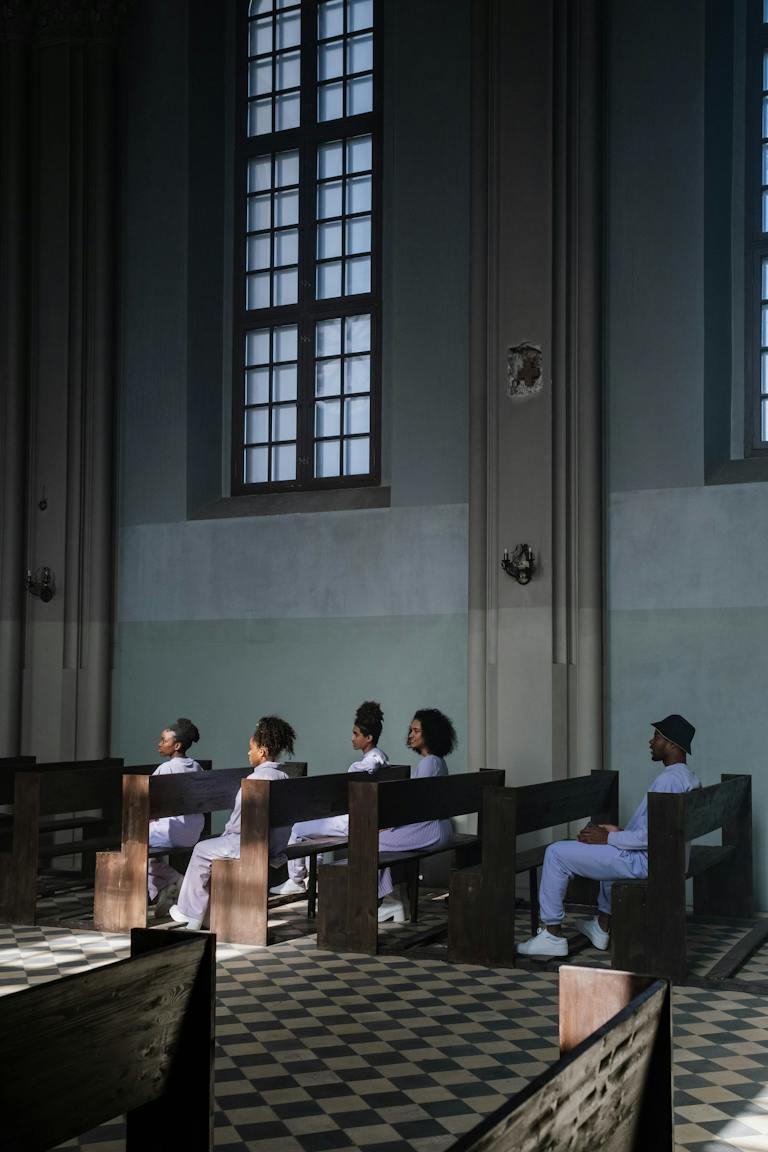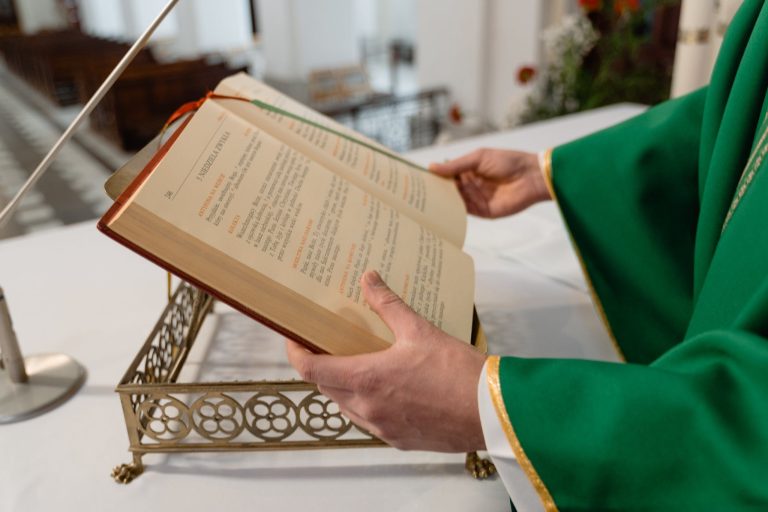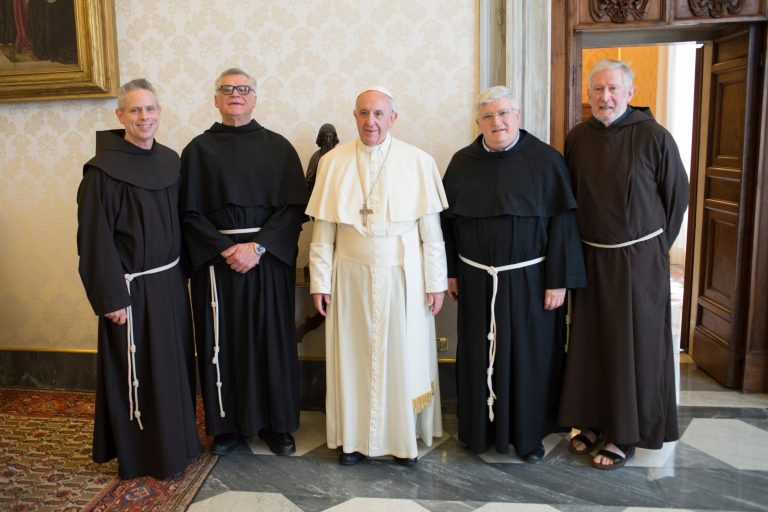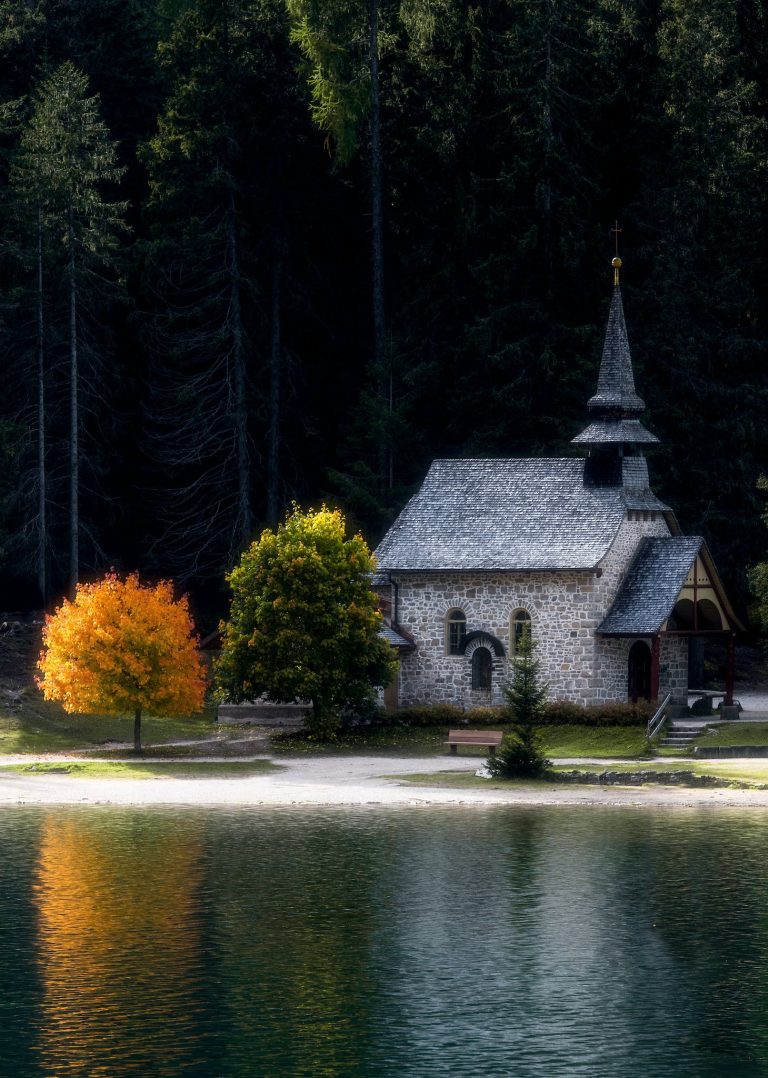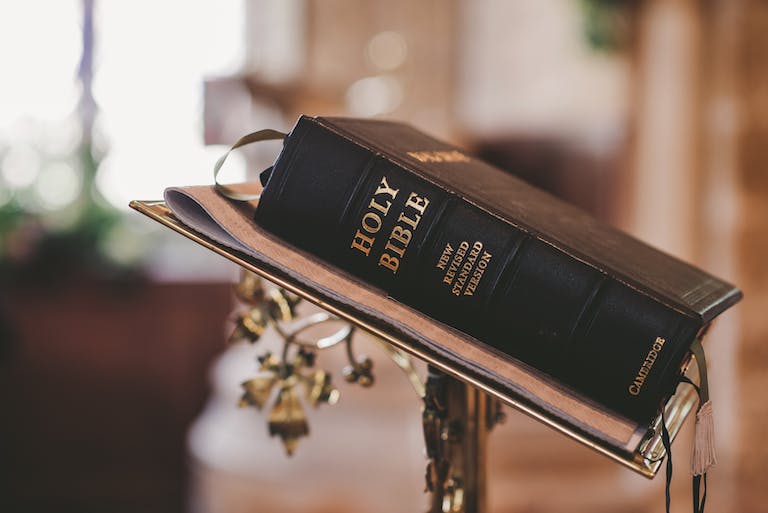Does the Catholic Church Believe in the Rapture?
The Catholic Church does not believe in the “rapture” as it is understood by some fundamentalist and evangelical Protestants. The Catholic view of the end times and the second coming of Christ has some distinct differences from these perspectives.
What is the Rapture?
The concept of the rapture has become popularized in recent decades among fundamentalists. The rapture is an event where faithful Christians will suddenly be taken up, or “raptured,” into heaven to be with Christ. This is said to occur before a 7-year period called the Great Tribulation in which the Antichrist will reign on earth.
Biblical support for the rapture concept is found primarily in 1 Thessalonians 4:16-17 which says:
“For the Lord himself will descend from heaven with a cry of command, with the voice of an archangel, and with the sound of the trumpet of God. And the dead in Christ will rise first. Then we who are alive, who are left, will be caught up together with them in the clouds to meet the Lord in the air, and so we will always be with the Lord.”
From here, some interpret that Christians will be suddenly taken to heaven before a time of tribulation on the earth.
The Catholic View on the Rapture
The Catholic Church does not interpret 1 Thessalonians 4:16-17 as referring to a secret rapture where Christians are suddenly taken up to avoid end-times tribulation. The Catholic Church takes an amillennialist view of the end times. Amillennialism sees symbolic interpretation in Revelation versus a literal 1,000-year (i.e., millennial) earthly reign of Christ.

Key Aspects of the Catholic End Times View:
Christ’s Return Will Be Visible to All
Catholics believe Christ’s second coming will be visible, definitive, and unmistakable. It will coincide with a general resurrection and judgment of all people, not a secret rapture of some. The Catechism of the Catholic Church states:
“When he comes at the end of time to judge the living and the dead, the glorious Christ will reveal the secret disposition of hearts and will render to each man according to his works and according to his acceptance or refusal of grace.” (CCC 682)
One Second Coming
Catholics believe in only one second coming of Christ. Father Reginald Garrigou-Lagrange explained:
“Fundamentalists conceive of a first coming and a second coming both visible and glorious…For Catholics there can be but one visible and glorious coming.”
The rapture concept entails two visibly glorious comings – one where Christians are taken up and another later where Christ returns openly. Catholics affirm only one visible return.
All Experience Tribulation
Catholics affirm there will be final persecution and suffering before Christ returns, often called the Great Tribulation. But they do not separate this time into distinct periods where Christians are “raptured” so they escape tribulation. All believers in Christ will experience suffering and persecution before his return.
The noted Catholic theologian Fr. Garrigou explains that the Great Tribulation coincides with the “short time” Satan will be released before the full establishment of God’s kingdom:
“According to St. Thomas…that short time coincides with the time of Antichrist’s coming and persecution, as well as the attempt at deceit by Satan, who is loosed only for a while.”
Meaning of the Brother in the catholic church
Conclusion
In summary, while The Rapture has gained popularity recently due to the Left Behind book and movie series, it is not compatible with long-held Catholic eschatology. The Catholic Church affirms one visible second coming where resurrection, judgment, salvation, and condemnation all occur simultaneously. This will be preceded by a final tribulation from which the Church will not be exempt.
Understanding different Christian perspectives on the end times can help believers grasp the range of Biblical interpretations of these important questions. In the end, we acknowledge the second coming of Christ will be a visible, triumphant event uniting all believers together in God’s presence. But the exact sequence of end times events remains wrapped in mystery.
Can a catholic visit other churches?
References
- Catechism of the Catholic Church. Libreria Editrice Vaticana, 1993.
- Garrigou-Lagrange, Reginald. The three ages of the interior life. Tan Books, 1989.


